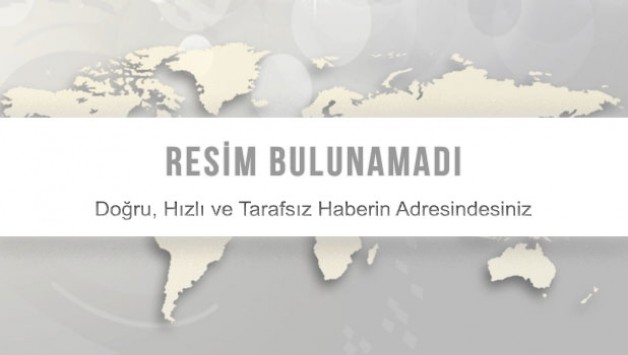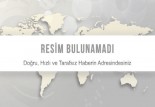Innovative Technologies for Audit Firms

As the pace of technological advancement continues, audit firms face the daunting task of finding ways to harness and apply these new technologies to their clients and their own benefit. Many of these innovative technology aren’t just options, but essential to ensure the future of auditing.
Data analytics, machine-learning and robotic process automation are among the most advanced tools in technology that have made an enormous impact for auditors. These tools let auditors gain a deeper understanding of client processes, inventory, and system controls. They can then share this information with management and boards.
Another emerging technique is blockchain, which can reduce the estimated time required for financial transaction clearance from months to hours. This will allow for continuous risk assessments to be carried out during the audit time period rather than a single year-end assessment.
Argus is an example of a program which makes use of artificial intelligence to reduce the amount of manual review and processing that is needed during an audit. It employs machine learning and natural language processing to search quickly for electronic documents. This allows auditors to concentrate their attention on more valuable tasks, such as reviewing risks and confirming results.
However, there remain many obstacles that could hinder the use of these technologies. It is particularly difficult to schedule time to test new technologies in firms that pay determined by billable hours. The initial investment, and the ongoing costs associated with maintenance and support can be substantial. However, if there is a continuous collaboration between audit firms and standard setters, as well as regulators the challenges can be overcome.
Benzer Haberler
























